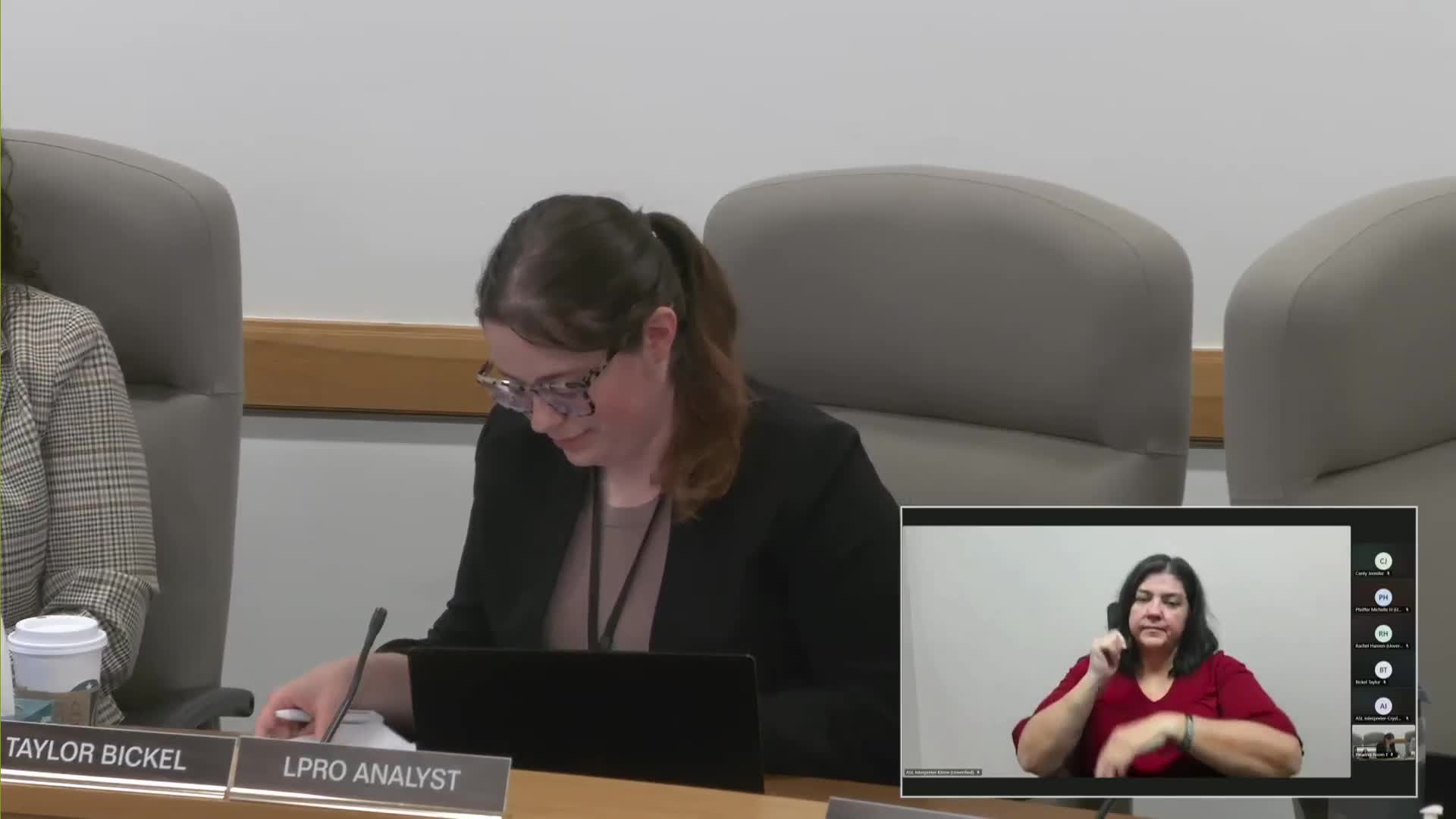Committee hears bill to exempt adult foster homes from sprinkler retrofit requirement
Get AI-powered insights, summaries, and transcripts
Subscribe
Summary
Senate Bill 1066 would permanently exempt adult foster homes and 24‑hour residential training homes from state code requirements to install automatic sprinkler systems; supporters cited retrofit cost and capacity risks, while at least one lawmaker opposed the exemption on safety grounds.
Senate Bill 1066 would permanently exempt adult foster homes and residential training homes from a state building‑code requirement to install automatic sprinkler systems, sponsors and supporters told the committee on May 1. The measure also includes an emergency clause to make it effective on passage.
Senator Sarah Gelser Blouin said recent building‑code updates would have imposed hard‑wired sprinkler retrofits on small congregate homes—an expense supporters called tens of thousands of dollars per site and, for many underfunded providers, practically unaffordable. Testimony noted that many adult foster homes operate on thin margins, often in leased houses without infrastructure for hard‑wired sprinkler systems, and that strict evacuation and alarm requirements already apply.
Rachel Hansen of SEIU 503, which represents Medicaid‑paid adult foster home providers, testified in support and said adult foster homes are small, family‑style residences with regular evacuation drills, smoke and carbon‑monoxide alarms, and clear emergency exits. She said retrofits would be disproportionately costly and could force some homes to close, reducing care options for seniors and people with disabilities.
Representative Wolters said she would vote no on the exemption, arguing that sprinklers are an important safety measure—particularly where some residents may have mobility limitations—and urged the state to find ways to make sprinklers affordable rather than granting a blanket exemption.
Sponsors asked the committee to adopt the exemption to prevent capacity loss while rules are negotiated and funding options explored. The committee took testimony and closed the public hearing; no committee vote was recorded in the transcript.
